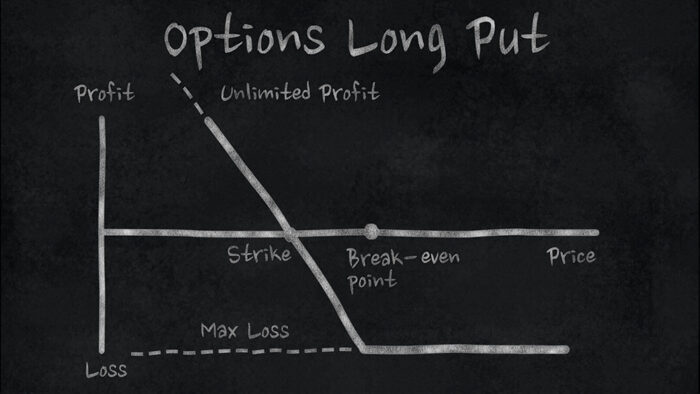Study Notes:
Now that we’ve covered in some greater detail what ADRs are, along with certain of their characteristics, let’s now dive a bit deeper into some of the benefits and risks investors may encounter when deciding to trade these products.
There are several potential advantages investors may consider when deciding to purchase an ADR, including greater accessibility to foreign equity exposure, as well as their denomination in U.S. dollars, which should help make reporting of capital gains and losses somewhat easier, while also not having to do any currency conversions when receiving any dividend payments. Overall, ADRs can add geographical diversification to an investor’s portfolio, despite being offered on a U.S. exchange or listed over the counter.
However, an investor’s equity exposure to a foreign entity carries a slew of cross-border risks, including currency fluctuations, as well as inherent fundamental concerns specific to that company’s financial health, and the political and economic climate in which it operates.
As we mentioned in our previous lesson, an ADR’s price reflects both the foreign company’s locally traded share price, as well as the exchange-rate movements of its local currency against the U.S. dollar. In short, an ADR acts very much like an equity derivative, as its value is derived, in part, by the underlying currency’s relationship with the U.S. dollar.
Let’s say you’ve purchased shares of French media firm Vivendi, which trades over the counter, under the ADR ticker VIVHY. The price of the ADR will be subject to the relationship between the U.S. dollar and the euro, as well as affect the total return on your investment while it’s being held.
To determine your total return, you would need to account for the timing of the purchase, transaction costs, your exposure to the underlying equity’s local price movement, and the change in its domestic currency over the length of time the ADR is held. Matters become a bit more complex if you’re, say, a Canadian investor who must first convert Canadian dollars to U.S. dollars when determining your total return in light of the entire foreign exchange impact.
Other macroeconomic factors are also risks in this equation. For example, benchmark interest rate differentials between the U.S. and the company’s home country, along with trends in the country’s balance of payments, are material concerns for the outlook of the currency’s exchange rate – and, subsequently, the price of the ADR.
Meanwhile, other drawbacks to ADRs include the potential for double taxation – or the risk that capital gains will be taxed both by the Internal Revenue Service, as well as by the equivalent organization in the foreign country where the company is headquartered. Given the tax implications of investing in ADRs, you should consult a tax specialist before making an investment.
Moreover, an ADR depository bank may charge a custodial fee, which may be used to cover its expenses, including for creating and servicing the ADR, holding the underlying foreign shares, registering with the SEC, providing record-keeping, and making dividend payments, among other related costs.
Investors should note, however, that not all ADRs are subject to service fees. For those that do, they usually range from a penny to three cents per share. The fee is either deducted from dividends, if the company pays them, or passed through by the brokerage firm.
Other, more specific risks, involve the potential delisting of an ADR due to non-compliance with the Holding Foreign Companies Accountable Act, or HFCAA, enforced by the SEC.
The HFCAA requires the SEC to identify, on annual basis, any public companies that file annual reports with an auditor that the Public Company Accounting Oversight Board has deemed unable to inspect or investigate completely because of positions taken by a foreign authority. As a result, these companies, designated as Commission-identified issuers, must provide certain disclosures when they have been identified. After three consecutive years of being identified, trading in the securities of that company in the U.S. will be prohibited.
In addition to the trading prohibition, the company’s securities may be subject to delisting due to the rules of the national securities exchange where securities are listed.
In general, ADRs were created to make it easier for investors to gain exposure to foreign equities, but investors should exercise prudent risk management when weighing the potential benefits and risks of these instruments.
In the meantime, lists of available ADRs may be found on BNY Mellon or JPMorgan’s websites. You can have a look there, and use the IBKR Trader Workstation to conduct your analysis and make your trading decisions.










![[Gamma] Scalping Please [Gamma] Scalping Please](https://ibkrcampus.com/wp-content/smush-webp/2024/04/tir-featured-8-700x394.jpg.webp)




2023 Dec 11.
To IBKR, just to let you know.
Lesson 2 on ADR’s = ‘Benefits & Risks of ADRs’ is /has exactly the same content as for lesson_1 =’What is an American Depositary Receipt?’.
Yet the two quizzes are different, covering different material.
Hello, thank you for reaching out. The study notes are the same, however, the videos cover different material. We hope this helps!